Nigeria’s battle against tobacco-related harm has taken a worrying turn, as the newly released 2025 Nigeria Tobacco Industry Interference (TII) Index shows increased meddling by tobacco companies in public health policy.
The report, launched by Corporate Accountability and Public Participation Africa (CAPPA), reveals that Nigeria’s interference score has deteriorated from 60 in 2023 to 62, placing the country 54th out of 100 nations assessed globally.
Speaking at the launch in Lagos, CAPPA Executive Director Akinbode Oluwafemi warned that tobacco companies are exploiting loopholes in regulation while projecting themselves as partners in national development.
“The tobacco industry continues to gain access to policy spaces in Nigeria despite the deadly nature of its products, which kill about 29,000 Nigerians annually and cost the economy an estimated ₦634 billion,” Oluwafemi said.
He noted that companies increasingly rely on corporate social responsibility (CSR) initiatives such as borehole construction, scholarship schemes, and reforestation projects to polish their public image and gain entry to government offices.
“These are not acts of generosity but calculated attempts to buy legitimacy and access, in direct violation of Nigerian laws. Even worse, government officials still attend and commend these events, helping the industry greenwash its harmful business,” he added.
Oluwafemi also expressed alarm at the industry’s involvement in discussions surrounding emerging nicotine products, including e-cigarettes and snus, which are often marketed as harm reduction tools.
Despite raising concerns, he acknowledged significant strides made in recent years. These include the Federal Competition and Consumer Protection Commission’s (FCCPC) $110 million fine against British American Tobacco Nigeria (BATN) in 2023 and the National Film and Video Censors Board’s ban on the glamorisation of smoking in Nollywood films.
However, he criticised inconsistent government actions, especially the suspension of tobacco excise taxes in 2023, which he said undermined Nigeria’s commitments to WHO and ECOWAS tax standards.
“Nigeria cannot afford to take one step forward and two steps back. Strong laws mean little without consistent enforcement,” he stressed.
Presenting the findings, CAPPA’s Assistant Executive Director Zikora Ibeh said the 2025 Index evaluated seven areas, including policymaking participation, CSR activities, unnecessary interactions with officials, transparency, conflicts of interest, and preventive measures.
“The worsening score reflects how, for every rule meant to keep the industry out of policymaking, another action quietly lets it in,” Ibeh said.
According to the report, tobacco industry interference persists through high-profile government attendance at industry events, poor documentation of official interactions, and limited awareness of WHO-FCTC Article 5.3, which mandates protection against industry influence.
The report recommended that the federal government strictly enforce rules barring the tobacco industry from funding or supporting public institutions, strengthen conflict-of-interest policies, and publicly disclose all official engagements with tobacco representatives.
It also urged Nigeria to implement pictorial health warnings covering 60% of tobacco packaging, restore tobacco excise taxes to WHO and ECOWAS benchmarks, and intensify oversight of new nicotine products marketed as harm reduction.
CAPPA warned that without firm and coordinated action, Nigeria risks further setbacks in its efforts to protect citizens from the health and economic burden of tobacco use.
Source: The Sun NG




